Waste Management in Horeca Food Businesses: The Beginning of Eco-Friendly Steps
The Horeca (Hotel, Restaurant, Cafe) sector, a vibrant part of the gastronomy world, offers some of the most creative and delicious experiences. However, behind this culinary feast lies a significant issue—rising waste production. Waste management plays a crucial role not only for the environment but also in the sustainability efforts of businesses. Horeca businesses that take eco-friendly steps and approach waste management with care become leaders in contributing to the sustainability of the future. These businesses not only set an example for the environment but also for their customers and the community through their nature-respecting practices.
The Importance of Waste Management:
In the Horeca sector, various types of waste are generated during food preparation and service processes. Organic waste, packaging materials, glass, plastic, and metal are among these wastes. If not managed properly, these wastes can harm the environment, deplete natural resources, and disrupt the ecological balance. Moreover, neglecting waste management can negatively impact a business's image.
Sustainable Waste Management Steps:
Waste Classification: The first step is to categorize the waste produced into groups such as organic, paper, plastic, glass, and metal. This classification allows for more effective waste management.
Recycling Programs: Implement recycling programs to encourage the reuse of materials like paper, glass, and plastic. Recycling these materials helps protect natural resources and reduce environmental pollution.
Organic Waste Recycling: Organic waste can be used for compost and fertilizer production. Organic waste from restaurants can be provided to local farmers or composting facilities, reducing the burden on landfills.
Reducing Single-Use Materials: Explore alternative materials to minimize the use of single-use plastic and paper products. Choose recyclable or eco-friendly materials whenever possible.
Education and Awareness: Raising awareness about waste management among staff and customers is crucial for developing proper waste segregation habits. Organize training programs to enhance awareness of waste management.
Renewable Energy Use: Businesses can reduce energy consumption by using renewable energy sources such as solar or wind power, contributing to the conservation of natural resources.
Use of Local and Organic Products: Choosing local and organic products not only offers a healthy menu but also supports local producers. This reduces transportation costs and minimizes environmental impact.
Waste Reduction Strategies: Businesses can create waste reduction strategies by avoiding unnecessary packaging materials. Instead of offering single-use plastic bottles for drinks, set up drinking water stations to minimize plastic waste.
Reusable Materials: Using reusable plates, cutlery, and other materials not only reduces waste but also saves costs for businesses in the long run. These materials are durable enough to be used for years.
Innovation and Technology: Leveraging innovation and technology in waste management allows businesses to manage waste more efficiently. Smart waste segregation systems and recycling machines help ensure that waste is directed correctly.
Community Engagement: Horeca businesses can increase societal awareness about waste management by organizing educational seminars and workshops for their local communities. These activities teach customers proper waste segregation habits and emphasize the business's eco-friendly mission.
Waste management is critical not only for the environment but also for the costs, reputation, and future of businesses. Therefore, developing waste management strategies in Horeca businesses is key to a sustainable future. These steps not only promise to protect nature and leave a livable environment for future generations but also lay the groundwork for a successful future by enhancing the competitive edge of businesses. By leading in waste management, Horeca businesses ensure not only their success but also a healthy world for future generations. Let's not forget, to pay our debt to nature, we need to start taking steps today.

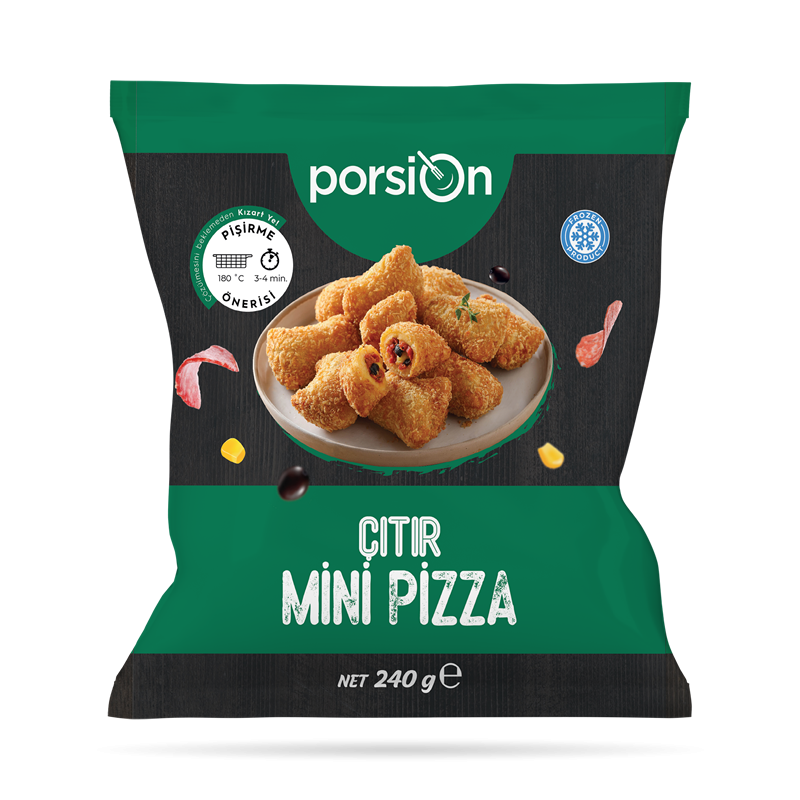







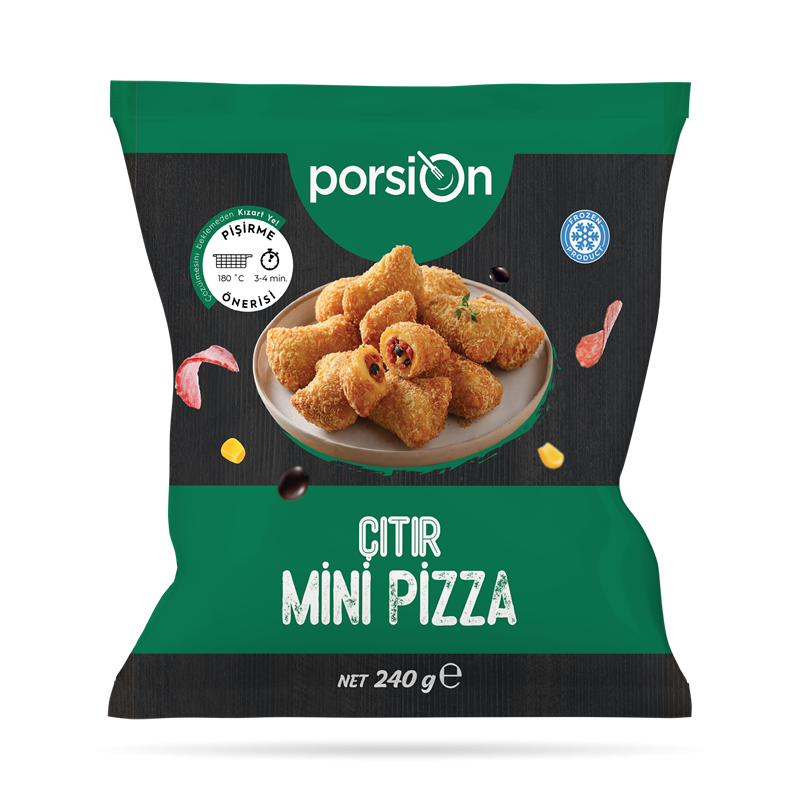
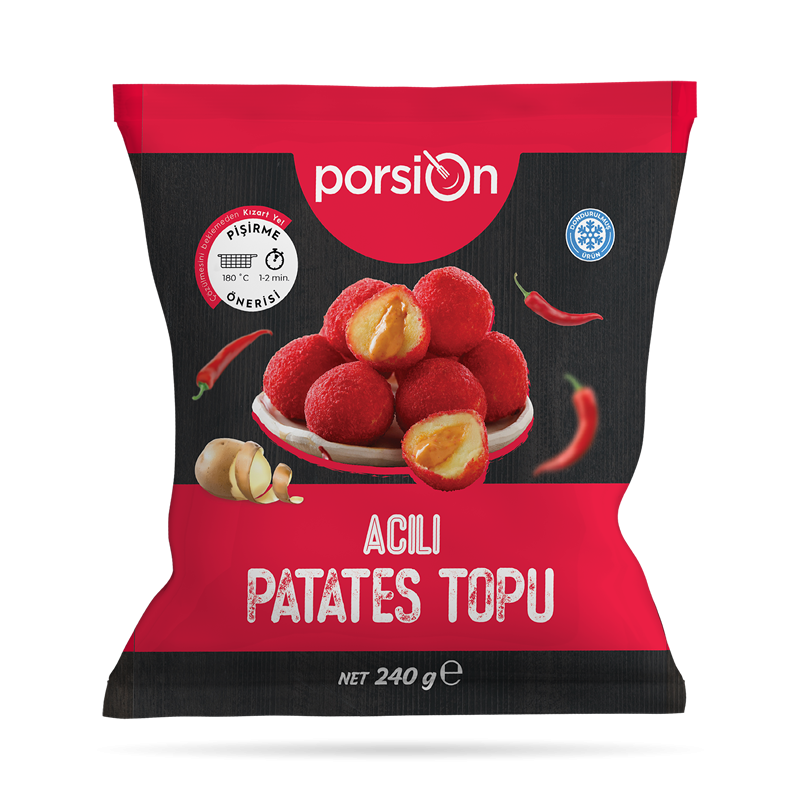

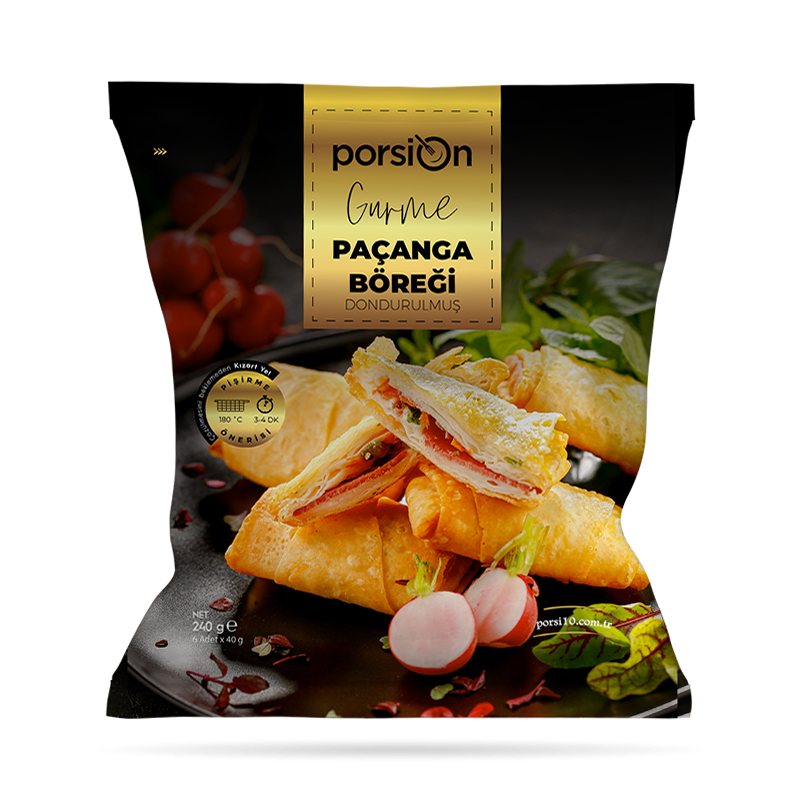


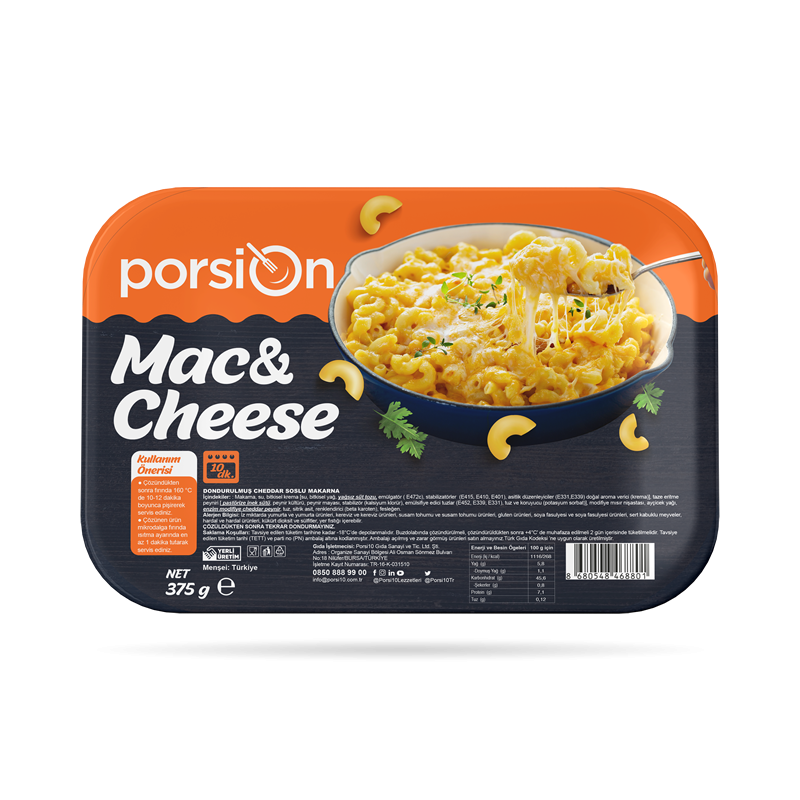
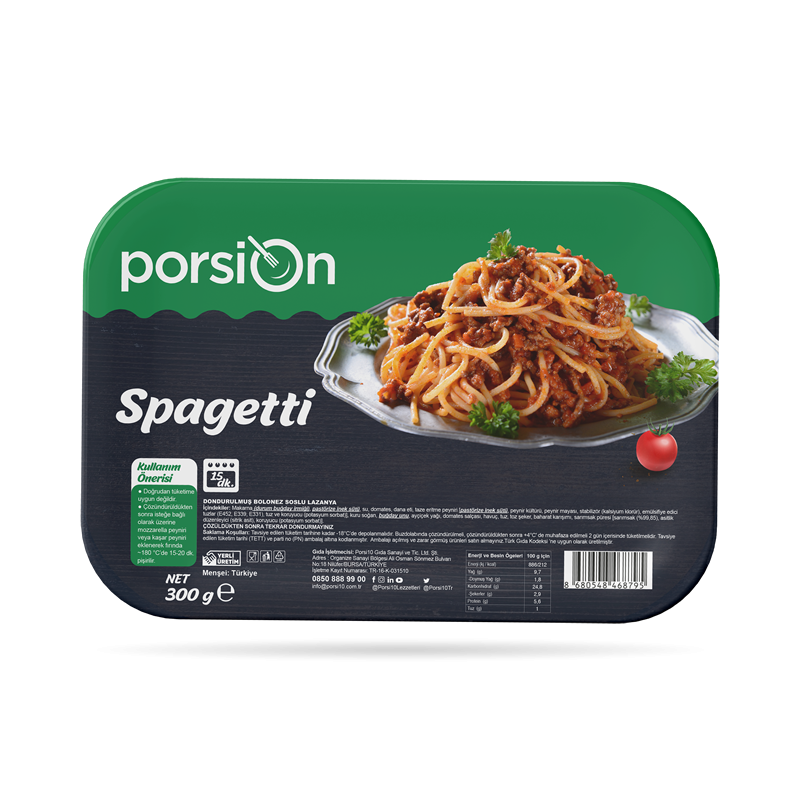





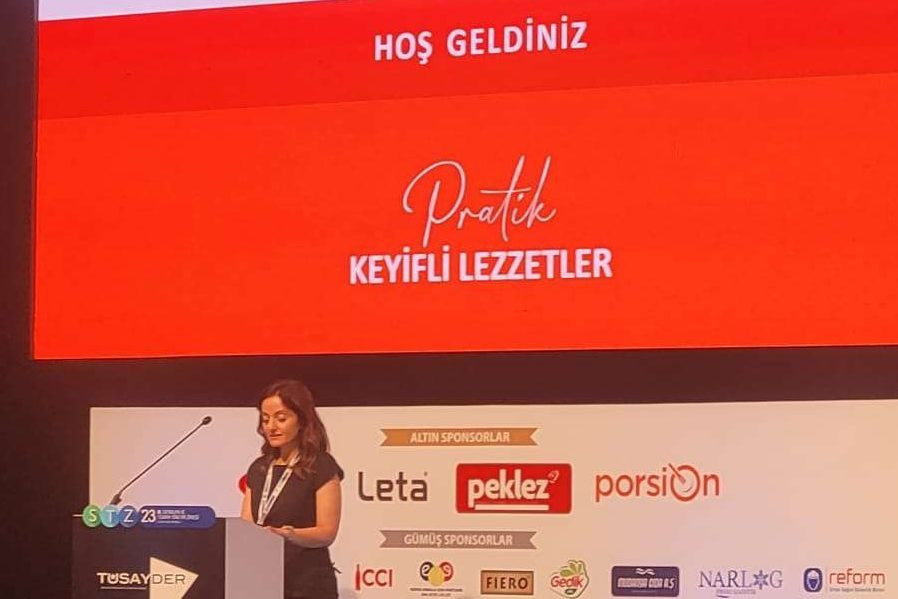

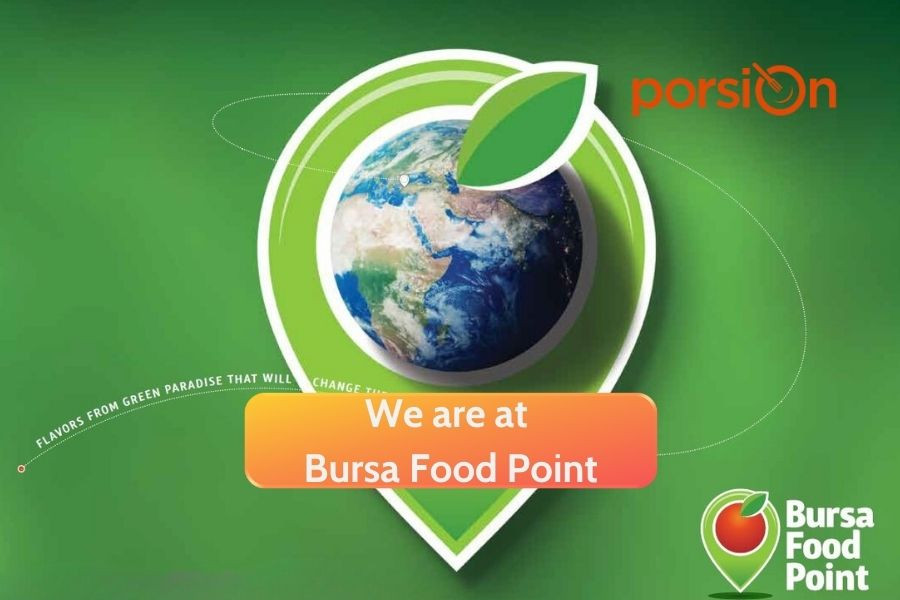


 designed by
designed by